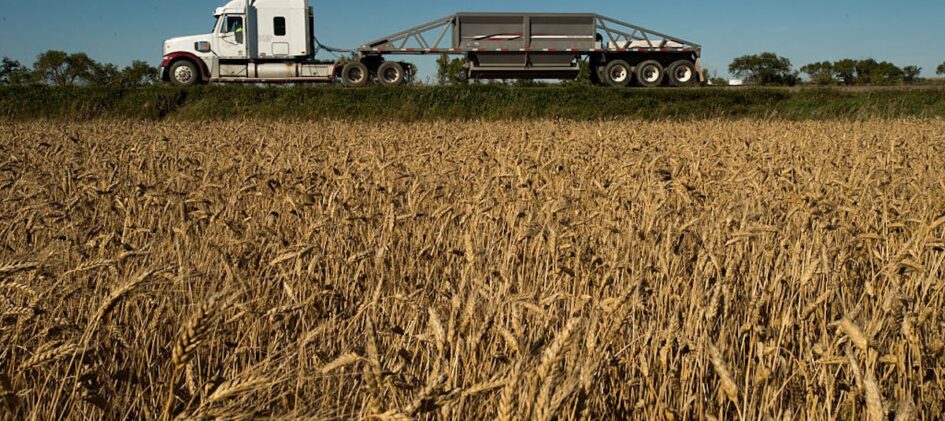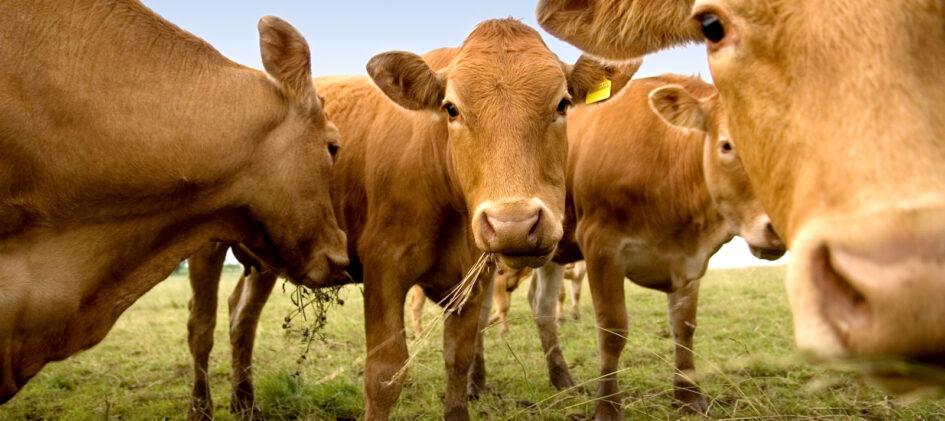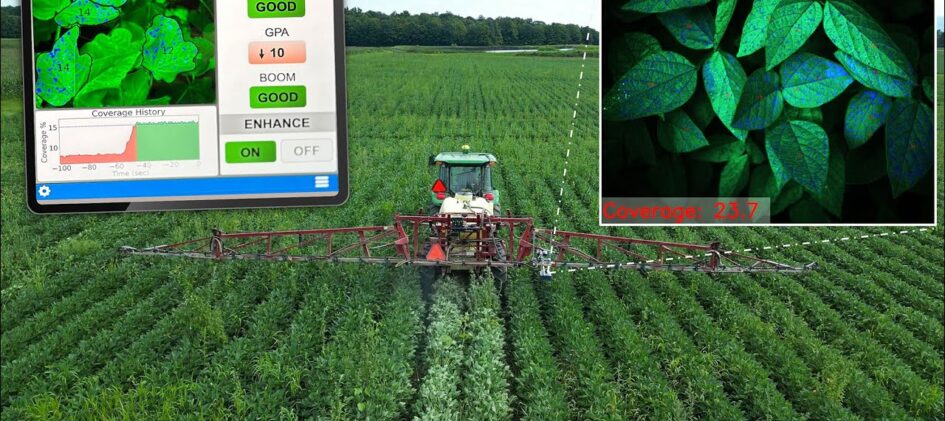According to the National Oceanic and Atmospheric Administration, aquaculture in the United States represents a $1.5 billion industry annually. Like land-based farming, shellfish aquaculture requires healthy seed production in order to maintain a sustainable industry. Aquaculture hatchery production of shellfish larvae — seeds — requires close monitoring to track mortality rates and assess health from the earliest […]
Read More







